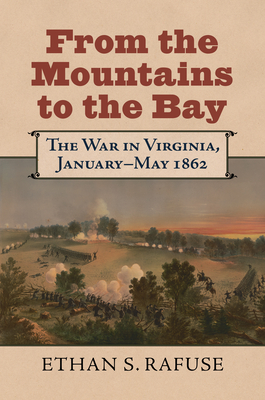
Part of Series
Cracking the enemy's radio code is a task so urgent and so difficult that it demands the military's best minds and most sophisticated technology. But when the coded messages are in a language as complex as Japanese, decoding problems multiply dramatically. It took the U.S. Army a full two years after the attack on Pearl Harbor to break the codes of the Japanese Imperial Army. But by 1944 the U.S. was decoding more than 20,000 messages a month filled with information about enemy movements, strategy, fortifications, troop strengths, and supply convoys. In MacArthur's ULTRA, historian Edward Drea recounts the story behind the Army's painstaking decryption operation and its dramatic breakthrough. He demonstrates how ULTRA (intelligence from decrypted Japanese radio communications) shaped MacArthur's operations in New Guinea and the Philippines and its effect on the outcome of World War II. From sources on both sides of the Pacific and national security agency declassified records, Drea has compiled a detailed listing of the ULTRA intelligence available to MacArthur. By correlating the existing intelligence with MacArthur's operational decisions, Drea shows how MacArthur usedand misusedintelligence information. He tells for the first time the story behind MacArthur's bold leap to Hollandia in 1944 and shows how ULTRA revealed the massive Japanese mobilization for what might have been (had it occurred) the bloodiest and most protracted engagement of the entire war the Allied invasion of Japan. Drea also clarifies the role of ULTRA in Truman's decision to drop atomic bombs on Japan in 1945, and concludes that ULTRA shortened the war by six to ten months.
Author
A specialist in Japanese military history, Edward John Drea graduated from Canisius College in Buffalo, in 1965. After service in the United States Air Force, Drea entered the Sophia University in Tokyo in 1971, where he earned a Master of Arts (M.A.) degree. He was awarded a Japanese ministry of education dissertation fellowship, which allowed him to gain a Doctor of Philosophy (PhD) in modern Japanese history from the University of Kansas in 1978. Drea joined the Combat Studies Institute of the Command and General Staff College in Fort Leavenworth, Kansas in 1975, and became the head of the Research and Analysis Department at the US Army Center for Military History in Washington, D.C. He also taught at United States Army War College.


